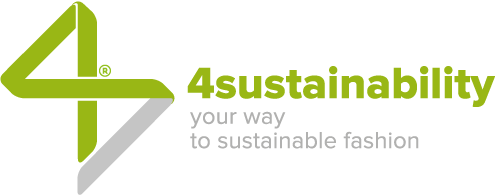ManpowerGroup’s 2023 Green Jobs Report Highlights Widespread Shortage of Professionals Steering Businesses towards Sustainable Models.
According to a survey by ManpowerGroup, a leading multinational HR agency, 94% of employers confess to a glaring absence of in-house professionals essential for realizing their ESG objectives. This shortfall is particularly noteworthy in light of the market and legislative acceleration driving the adoption of sustainable business models. At the European level, an influx of impending regulations signals the mandatory rather than solely ethically-driven shift companies are compelled to undertake.
The Corporate Sustainability Due Diligence Directive, the Green Claims Directive, and the Regulation on Ecodesign for Sustainable Products (ESPR), which includes the pivotal Digital Product Passport chapter, serve as just a few examples. All align with the EU’s Green Deal, imposing requirements on one hand and incentivizing on the other, backed by a dedicated fund of 225 billion euros.
Within this dynamics, indicators and projections of investor preference suggest that poor ESG performance can negatively impact results by up to 21%.
Hunting for Green Skills
The culmination of these considerations and more results in approximately 70% of companies actively seeking “green talents,” prompting a widespread mobilization across all sectors, starting from manufacturing, operations, logistics, and IT.
Unfortunately, the ready supply of such professionals is in short order. While the demand for green skills significantly outstrips the available talent pool, a staggering 67% of job seekers prefer to apply to companies genuinely committed to reducing their environmental footprint. It’s a classic case of a vicious circle: the lack of necessary professionals hinders the realization of the transition, perceived by resources as a key factor in choosing one company over another!
Rising professions
In the intricate mosaic of the current job market, marked not only by profound changes but also by the lingering uncertainty of the economic landscape, one consistent feature emerges: the annual list of ascending professions by LinkedIn. This list provides a timely update on trends in a labor market navigating transformative shifts.
The 2023 ranking, spanning from January 2018 to July 2022, crowns two rapidly ascending roles, alongside a perennial frontrunner: the Business Developer, relentlessly sought after to acquire new clients and expand the company’s business horizons.
Of particular note are the third and second positions, emblematic of two interconnected drivers of competitiveness and growth: technological innovation and sustainability. Claiming the third spot is the SOC Analyst or Cyber Security Analyst, unmistakably signaling a focus on cybersecurity. The demand for technological expertise, in this case, responds to the indispensable need for data and network protection.
Securing the silver medal is the Sustainability Specialist, advancing three steps in the LinkedIn ranking in just one year. Tasked with implementing and overseeing a company’s sustainability strategies, the Sustainability Specialist must possess knowledge in environmental matters, CSR, reporting, and sustainable development – competencies that seem to be in high demand.
Francesca Rulli remarks, “The data confirms that the skills required for transition are both methodological for the implementation of sustainability projects and technological for data management support. The synergy between digital and sustainability for creating shared value, known as ‘twin transition’ in literature, forms the foundation of YHub, the first Italian holding for traceability and sustainability in fashion & luxury. YHub’s uniqueness lies in the synthesis of methodology, technological solutions, and the market-demanding expertise.”
In Demand: Sustainability Technicians and Managers
Manpower’s research, encompassing over 2000 ‘green’ positions in Italy alone, delves deeper into specificity. Among the coveted roles, we find the green mechatronics and industrial mechanics, the wind energy engineer, the environmental manager, the sustainable architect, the Zero-waste Program Manager, and more. Strategic and managerial profiles are also sought after, including the analyst for renewable energies, the Environmental Risk Manager, the aforementioned Sustainability Officer, the Project Manager ESG, and the Sustainable Manufacturing Innovation Director.
Hiring them is challenging; retaining them is equally daunting. This underscores that the challenge extends beyond recruitment – it’s about building loyalty and continually developing these professionals. In the realm of sustainability, this involves both upskilling and reskilling, essential activities to stay abreast of the constantly evolving landscape. Moreover, if external expertise is scarce, it becomes crucial to invest in internal resources that are either already aligned or willing to acquire the indispensable skills for sustainable growth.
Francesca Rulli notes, “Even in Italy, we’re witnessing a certain mobility among sustainability specialists. Driven by strong ethical motivations, these professionals refuse to settle for companies that merely treat sustainability as a marketing ploy and rightfully seek opportunities elsewhere. This is a factor companies must consider because once these valuable resources are found, they are retained only by engaging them in activities and projects genuinely aimed at ESG goals.”

